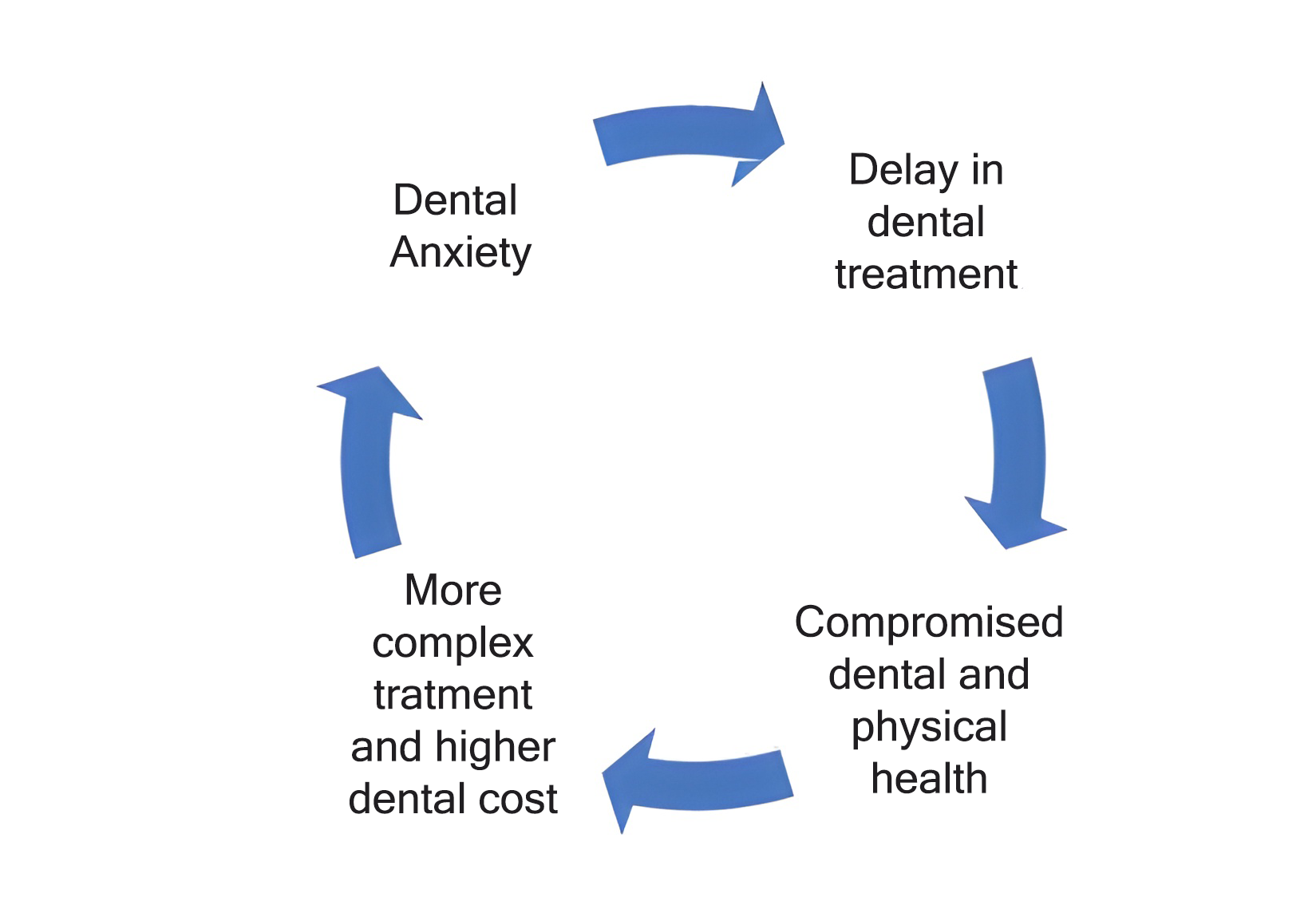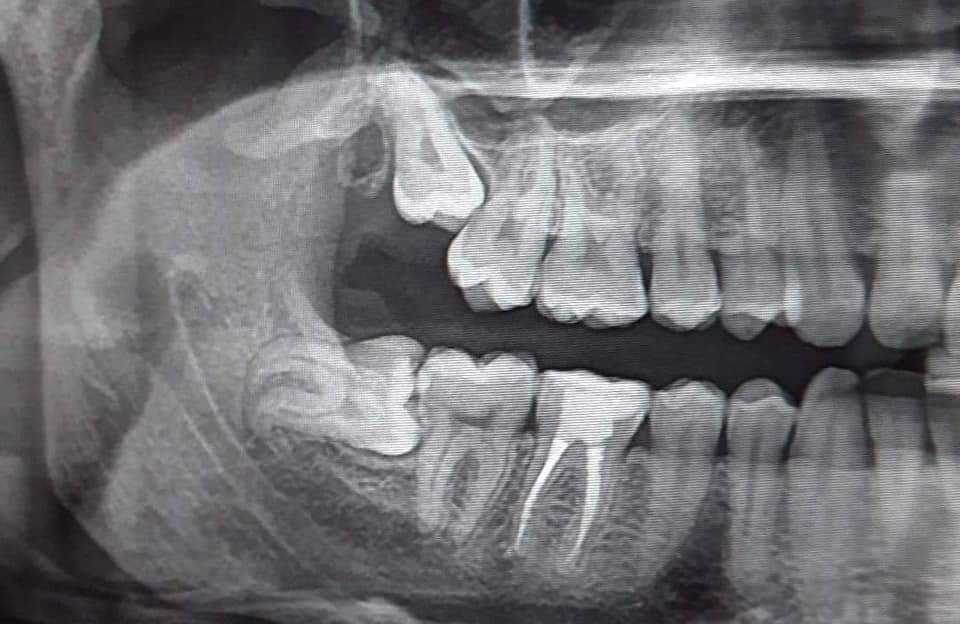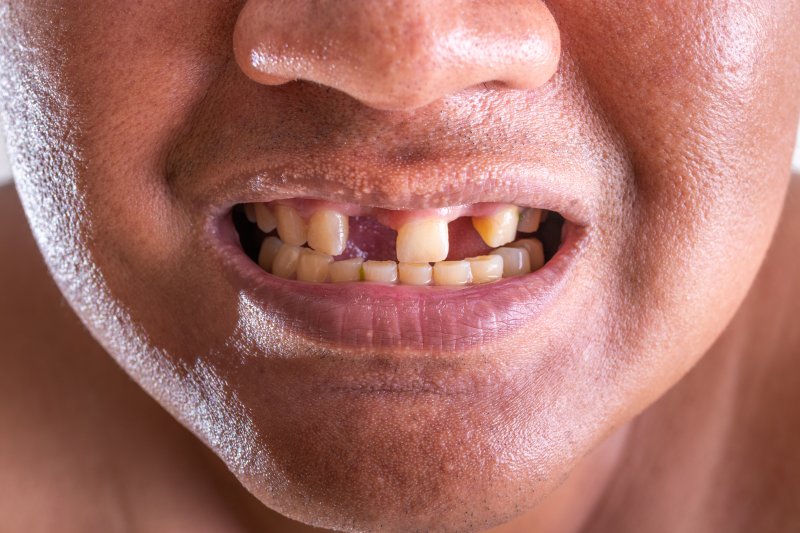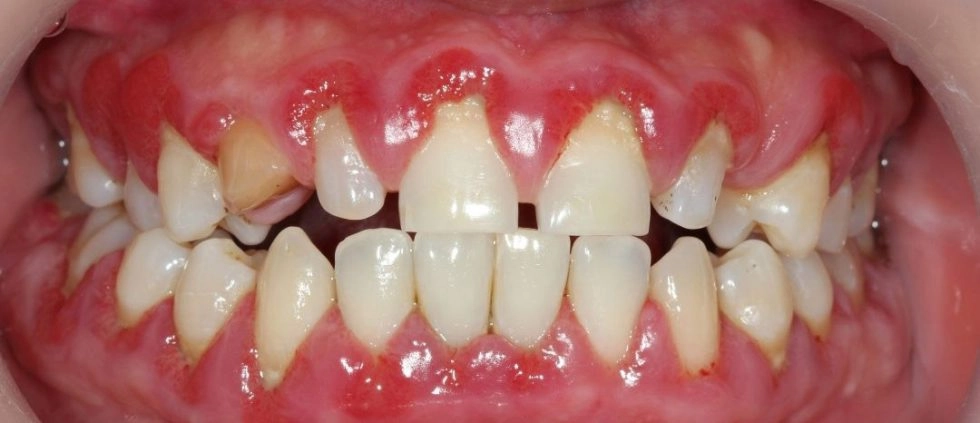
Consequences of Delaying Dental Treatments
Many of us think visiting a dentist for a ‘six-monthly check-up’ is unnecessary. We think we are maintaining good oral hygiene unless pain knocks at our door. We believe nothing dramatic can change in our mouth in mere six months or a year. Our negligence towards six-monthly dental visits can be for many reasons which include fear, forgetfulness, laziness, embarrassment or inconvenience.
While our thinking may prevent us from scheduling six monthly appointments with a ‘dentist near us,’ one should be aware of the consequences of consistently neglecting dental visits. As a result, you make yourself susceptible to the following conditions.
Ignoring your oral health has some very serious potential implications. Short-term ignorance of your oral health can lead to pain, infection and discoloured teeth. Over time the consequences of ignoring your oral health become more serious and can lead to tooth loss. A good oral hygiene regime with brushing and flossing will help you maintain the health and integrity of your teeth for a long time to come. Keeping up with your routine dental visits will help in the detection of any dental problems that are brewing silently and nip it in the bud stage. Dental problems are silent for a very long time. The basic difference between a medical and a dental problem is, in the former the symptoms precede the damage while in the latter, the damage happens first and symptoms like pain come much later. If you already have a history of ignoring your oral health, become familiar with the potential consequences listed below so you can get help from the dentist near you, to fix the damage before it worsens.
Dental Phobia
Dental phobia is a common problem among people of all ages. People are scared of dentists or have a fear of needles. Dental phobia is a term used to describe fear, anxiety or stress for a dental sitting. The patient is scared to visit the dentist thus causing delay in the dental treatment. Tooth decay gets worse over time. Small cavities that once could have been easily filled can lead to broken and decayed teeth which could require expensive and invasive root canal therapy and reconstructive work.
In the modern world, we are expected to have clean, healthy, shiny teeth. If your teeth get broken and rotten due to decay and neglect, you might experience social stigma. It may become more difficult to get a certain job and results in lack of confidence. Dating might be impacted and even your friends might start to talk. This can lead to isolation, depression, social anxiety and even social withdrawal.
Root Canal Treatment (RCT)
When the cavity/decay in your tooth reaches the innermost layer, the pulp containing blood vessels and nerves in the root of the tooth becomes infected. Infection usually occurs due to an injury, a chip or crack in the tooth or a long ignored untreated dental cavity. The process of creating an opening in the tooth to remove this infected pulp along with its nerves and blood vessels and sealing it to prevent future infection is called root canal treatment.
If a root canal treatment is delayed for too long, the bacterial infection can spread to other areas of the mouth via facial spaces, putting the patient at risk for serious dental problems (difficulty in swallowing, cellulitis) and other medical conditions (fever, malaise). The infection if left untreated can cause pus discharge from within, which is called a dental abscess. This pus-filled sac requires immediate medical attention.
Unfortunately, the infected pulp of the tooth will not heal on its own and requires a root canal to properly be treated. Sometimes, patients may think a tooth infection has healed itself once they no longer feel pain in their tooth, but these are the early signs that the nerves in the tooth have lost its vitality and are dead. While the patient may no longer feel pain, the infection will still be present inside the tooth. Left untreated, this bacterial infection will spread to your jaw and ultimately to your body.
Wisdom Tooth Removal
Even if you thought that your wisdom tooth had erupted almost properly, there is a chance that the bacteria is getting collected due to its positioning. Sometimes you might think that the wisdom tooth has grown fine, however looks can be deceiving. This is where infections tend to start from. Especially if you notice any signs of tooth decay coming to the surface.
When your wisdom teeth become impacted (not erupted properly), not only do they occupy the space which other teeth need, it also leads to the onset of many dental complications (such as gum disease, pain, and swelling). These issues are most common and usually the first ones to show before any other dental complications.
Sometimes you might feel swelling and pain in your jaw due to the stuck wisdom tooth. The initial signs include pain, soreness or even difficulty opening your mouth. If at any time you’re experiencing any of these signs, give a call immediately to a dentist near you, so that you can have it checked.
Another common result of not removing your wisdom teeth is that when they shift their position or are stuck at some position, they can cause increased risk of bone disease. At this point, those who fail to get it treated could be contributing to the deterioration of their jawbone as well as expose themselves to the risk of their jaw not functioning well.
Malposition wisdom teeth can cause food lodgement between themselves and the adjacent tooth. If one ignores this consistently, it can lead to a silent cavity in the adjacent tooth. This continues to get deeper and finally involves the nerve of the tooth leading to a root canal treatment.
Missing Teeth
If you have a missing tooth and haven’t had it replaced because you’re too busy, believe it’s too costly or don’t think it matters, you could be risking your oral health and the overall integrity of the full complement of your teeth.
When you lose a tooth due to decay, disease or a traumatic injury, the open gap can be the starting point for more complex conditions if it’s left untreated.
Missing teeth can also affect remaining natural teeth. When a gap exists in your mouth, your remaining teeth tend to move to occupy the vacated space because they have no tooth next to them to help keep them in place. The effect results in misaligned teeth leading to catch areas for food. This leads to development of cavities and if further ignored root canal treatments due to the nerve involvement. Apart from this chewing efficiency is affected and at times there is difficulty in speaking normally.
The open gap left by a missing tooth can also create deep pockets in the gums. This becomes a catch area for bacterial collection, to hide and remain. This can lead to gum disease (gingivitis), which if ignored can spread to the underlying jaw bone and infect it (periodontitis). The result is mobility of teeth and finally their loss.
When you lose a tooth, it changes the way you use your mouth. If the open space is tender, you may chew on the opposite side of your mouth or force your mouth to chew in an unnatural position. The result can lead to temporomandibular joint (TMJ) pain.
Difficulty in eating and chewing can also lead to dietary changes. Changing your diet to avoid biting into hard or chewy foods may not be healthy for the rest of your body. Eliminating entire food groups or types of foods can lead to the absence of certain essential components like proteins leading to the onset of health problems like malnourishment.
Missing teeth can also have emotional consequences. It’s challenging to feel confident with an imperfect smile. Gaps in your teeth can make you feel self-conscious when you smile, speak, or chew. Replacing your missing tooth can complete your smile and restore a normal appearance. Knowing you look your best, can give you the confidence to make the most of your social and professional interactions, thus leveraging the quality of your life hugely.
Gum Problems
Our mouths are full of bacteria. Some bacteria are helpful. Some can be harmful, including the ones that play a role in tooth decay.
Gingivitis/gum disease often begins with the noticeable symptoms of chronic bad breath (halitosis). You may notice that your breath is constantly smelly. It may get worse with time as the gum disease goes untreated. You may brush, floss and use mouthwash, but the bad breath never completely goes away.
Bad breath is often the result of poor oral hygiene which can cause food and bacteria to accumulate between teeth and cause gum inflammation. These bacteria combine with food to form a soft, sticky film called plaque.
The bacteria in plaque use the sugar and starch present in what you eat and drink to make acids. Over time, the plaque can harden into tartar/calculus. Plaque and tartar can irritate your gums causing their inflammation and infection (pyorrhoea). Thus, they become spongy, bleed and start receding. The result is sensitive teeth, which are weak and mobile.
In its latter stages, gum inflammation and pyorrhoea can weaken the roots of the teeth that help anchor them in the jaw bone. The continuing infection will cause the pockets of bacteria to get larger and teeth may get loose or feel as though they are shifting in your mouth.
To book an appointment with us in, ‘Smile Delhi – The Dental Clinic’– call us on +91-9811106871 or whatsapp Dr. Suprriya B Bhatia on +91-9811106377. You can also mail us on [email protected]
“We Care To Make You Smile”
Posted by: Dr Hema



































































